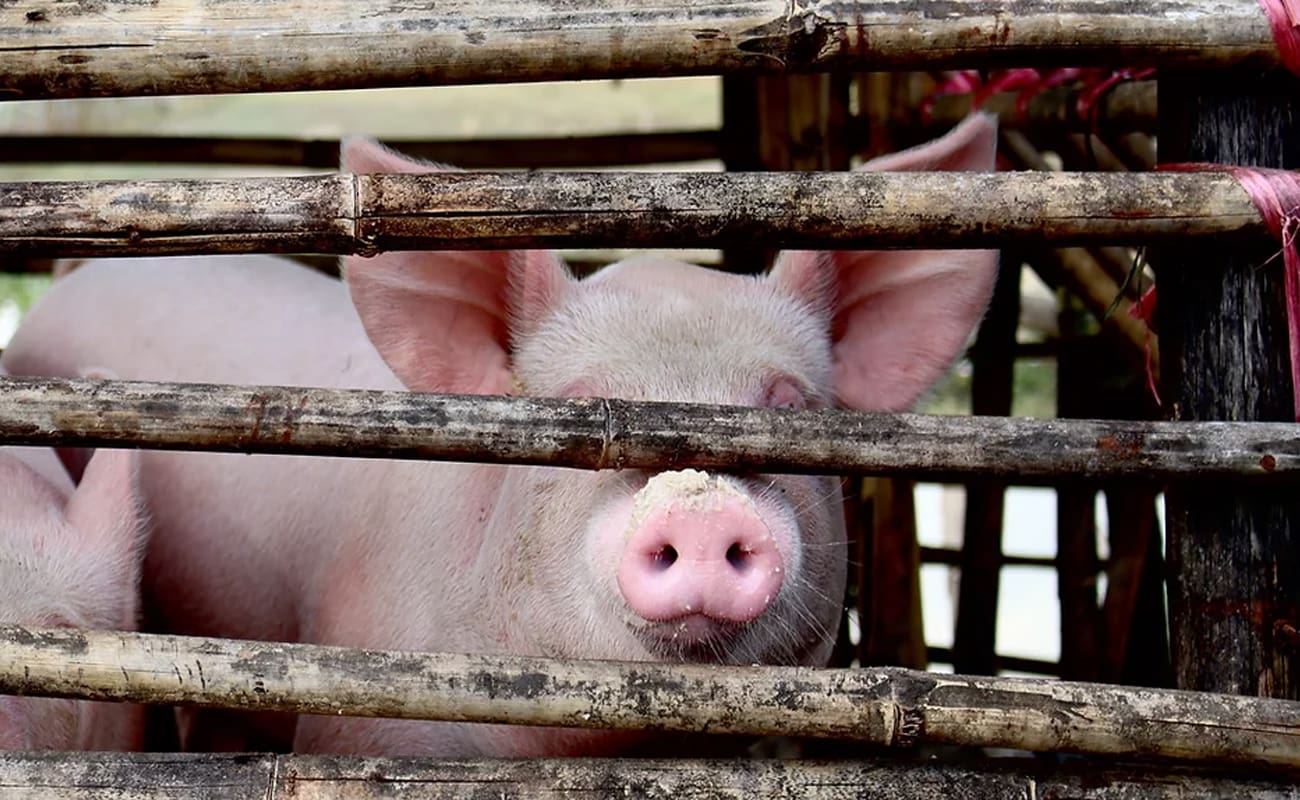The “Issues” section sheds light on the widespread and often hidden forms of suffering that animals endure in a human-centered world. These are not simply random acts of cruelty but symptoms of a larger system—built on tradition, convenience, and profit—that normalizes exploitation and denies animals their most basic rights. From industrial slaughterhouses to entertainment arenas, from laboratory cages to clothing factories, animals are subjected to harm that is often sanitized, ignored, or justified by cultural norms.
Each subcategory in this section reveals a different layer of harm. We examine the horrors of slaughter and confinement, the suffering behind fur and fashion, and the trauma animals face during transportation. We confront the impact of factory farming practices, the ethical cost of animal testing, and the exploitation of animals in circuses, zoos, and marine parks. Even within our homes, many companion animals face neglect, breeding abuses, or abandonment. And in the wild, animals are displaced, hunted, and commodified—often in the name of profit or convenience.
By uncovering these issues, we invite reflection, responsibility, and change. This is not just about cruelty—it is about how our choices, traditions, and industries have created a culture of dominance over the vulnerable. Understanding these mechanisms is the first step toward dismantling them—and building a world where compassion, justice, and coexistence guide our relationship with all living beings.
The fur industry, often marketed as a symbol of opulence, conceals a harrowing truth—an industry built on the suffering of countless animals. Each year, millions of creatures such as raccoons, coyotes, bobcats, and otters endure unimaginable pain in traps designed to maim and kill for the sake of fashion. From steel-jaw traps that crush limbs to devices like Conibear traps that slowly suffocate their victims, these methods not only cause immense anguish but also claim the lives of non-target animals—including pets and endangered species—as unintended casualties. Beneath its glossy exterior lies an ethical crisis driven by profit at the expense of animal welfare. This article exposes the grim realities behind fur production while exploring meaningful ways to challenge this cruelty and advocate for change


























































